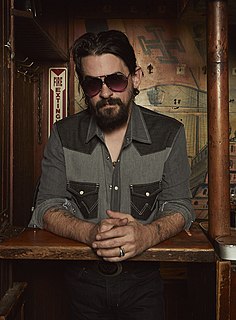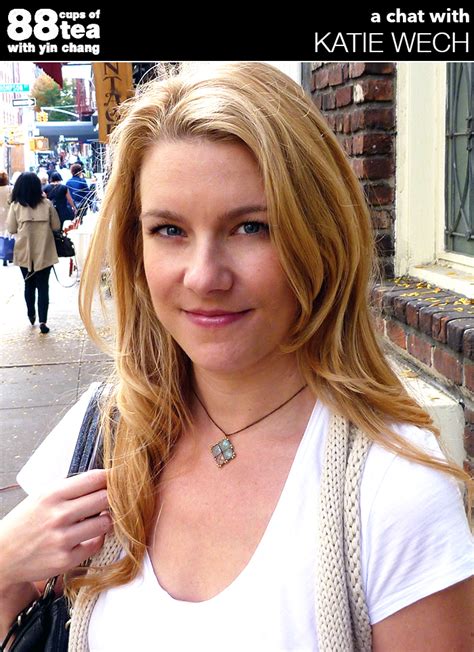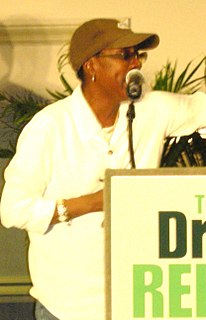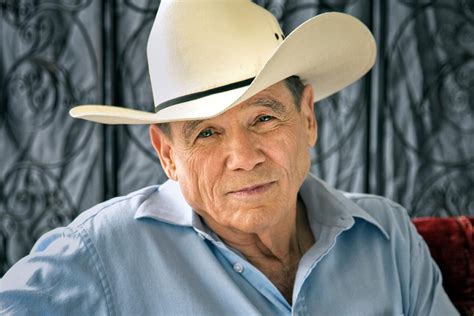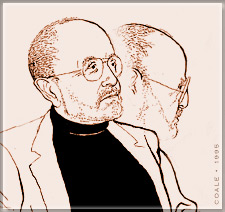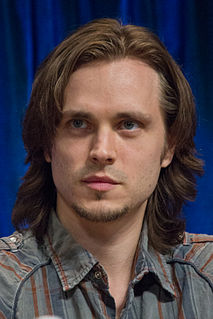A Quote by Shooter Jennings
Anything I write is going to be autobiographical and true to some degree.
Related Quotes
I have very rarely written autobiographical stuff. "Greasy Lake" and some other works have some autobiographical elements, as does "Birnam Wood," the one I chose to end [this collection] with. I lived in that house and some of my feelings are expressed in it, but it's not autobiography. It was not me and that didn't happen exactly that way.
I was influenced by autobiographical writers like Henry Miller, and I had actually done some autobiographical prose. But I just thought that comics were like virgin territory. There was so much to be done. It excited me. I couldn't draw very well. I could write scripts and storyboard style using stick figures and balloons and captions.
When I wrote my first book, 'The Tennis Party', my overriding concern was that I didn't write the autobiographical first novel. I was so, so determined not to write about a 24-year-old journalist. It was going to have male characters, and middle-aged people, so I could say, 'Look, I'm not just writing about my life, I'm a real author.'
Some of songs are autobiographical and some of it is more telling a story from someone else's perspective. It's healthy for me to do that because, oftentimes, it can become too narcissistic if I'm trying to express myself all of the time. My problems are what I'm going through and sometimes it's nice to take a step back and feel what someone else is going through and that can help.
